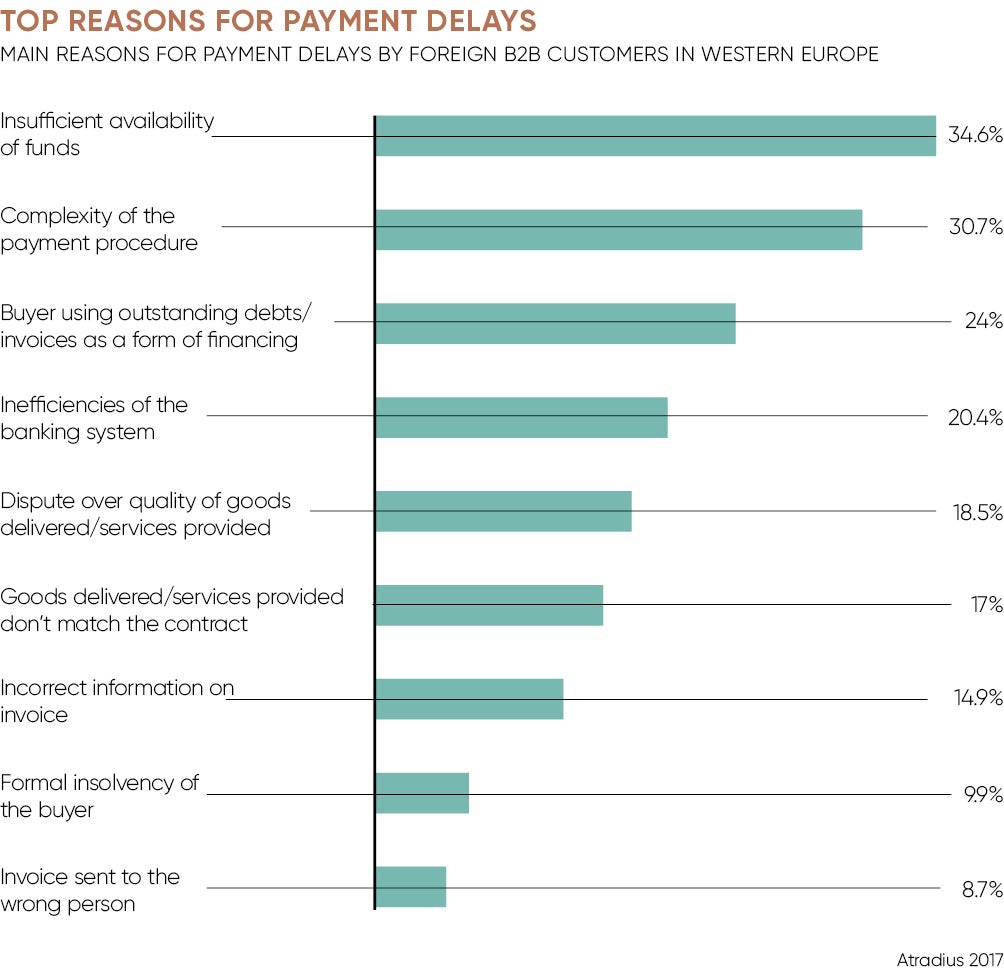Tracking a global payment should be as easy for businesses as it is for consumers to monitor the progress of a parcel delivery.
Anish Kapoor, chief executive of Accesspay, a Manchester-based company that is aiming to make business payments easier and faster, says such a facility would “transform the way in which both sender and receiver manage their cash, and the ability for them to access short-term funding”.
He says: “Imagine being able to see what payments were on their way to you, before they had even hit your bank account. Your bank would then be much more willing to loan you funds against these payments in transit, completely changing the way in which trade finance works.”
So why, as Mr Kapoor puts it, is there still an unbelievable level of friction when it comes to business-to-business (B2B) global payments?
To rub salt in the wound, consumers who want a better and cheaper alternative to the usual suspects when changing currencies are becoming spoilt for choice.
Venture capital-backed services, including Revolut and Transferwise, have dramatically undercut banks and traditional foreign exchange firms, and modernised the service for consumers.
Even these companies admit it’s a different story when it comes to business payments. Stuart Gregory, head of business at Transferwise, says: “Banks have been ripping businesses off on foreign currency for decades.”
Business payments have been slower to digitise simply “because it’s harder for technology companies to meet business needs than those of consumers”, Mr Gregory argues.
“Because of the volumes of money involved, more verification processes are needed and the product needs to offer more functionality such as the ability for multiple pay-outs to be made at once and recurring payments,” he explains.
Sinead Fitzmaurice, co-founder of Transfermate Global Payments, a company which is aiming to improve cross-border payments for businesses, says the rapid rise of so-called peer-to-peer currency services has naturally focused on consumers first.
“Building a true B2B international solution can be slow and complex, which in a funded industry can frustrate investors,” Ms Fitzmaurice says.
“A B2B platform brings a complete host of other requirements, such as multiple beneficiaries, layered authorisation, the ability to plug into and pull from the accounting software, and also providing guidance on the currency swings, not just ensuring the money flows from A to B,” she says.
In terms of speed of money transfers, the UK already has a local fast payments scheme embedded across the traditional financial system, through which payments can be made in less than a minute or two, and other developed countries are following suit.
However, Alan Chang, head of operations at Revolut, says cross-border B2B transfers provided by banks can still be painfully slow as well as relatively expensive. It can take up to a week depending on the combination of sender, beneficiary, currency, bank and jurisdiction, he says.
When it comes to expense, Mr Gregory offers the example of a UK company that needs to pay a German supplier. He says: “There is typically an upfront fee for the transaction, plus an extra charge taken in an exchange rate mark-up. The supplier may also be hit with a fee to receive an international payment when the money lands in their account. That really adds up.”
Digitisation is definitely on the increase as the consumer requirement for instant gratification bleeds into businesses
There is, however, agreement that things are changing, not least with the likes of Transferwise, Revolut and Transfermate launching lower-cost and faster ways of companies moving money.
“Digitisation is definitely on the increase as the consumer requirement for instant gratification bleeds into businesses,” says Mr Kapoor. And Mr Gregory says that alternative global payment services for businesses are “about to rocket”.
With more businesses expecting to trade online without friction, payments are going to have to catch up, he says.

Transfermate’s exporting product, for example, allows a company to send an invoice to their overseas supplier through its platform by “inviting them to pay”. Transfermate then controls the transaction end to end, eliminating the chain of sending and receiving fees that would be taken when using the global banking system. The technology links up with each party’s accounting platform.
Ms Fitzmaurice expects banks to adopt solutions like hers to sell as a “value-add benefit” to their corporate clients.
If a remittance revolution is about to reach businesses, are those companies that like to rely on the old, cumbersome ways of doing things as an excuse for shoddy payments practices about to run out of excuses?
Not necessarily, says Mr Gregory. “For businesses suffering from late payment of invoices, faster payments at least mean no additional delays once the payment has been processed,” he says. “But if companies are imposing longer payment terms for cash-flow reasons, they can still do so. In fact, it’s easier for them to manage because they don’t have to factor in anything from a few days to a week for the money to arrive once it has been sent.”
Mr Kapoor is certain that “the current model of businesses stretching credit terms will continue”. However, there are some middlemen who are likely to need to adjust their business models. “There are whole industries that exist right now to deal with delays in money moving from A to B in these sectors,” he says.
For most though, the benefits of quicker, cheaper and more efficient global payments are due to far outweigh any downsides.

